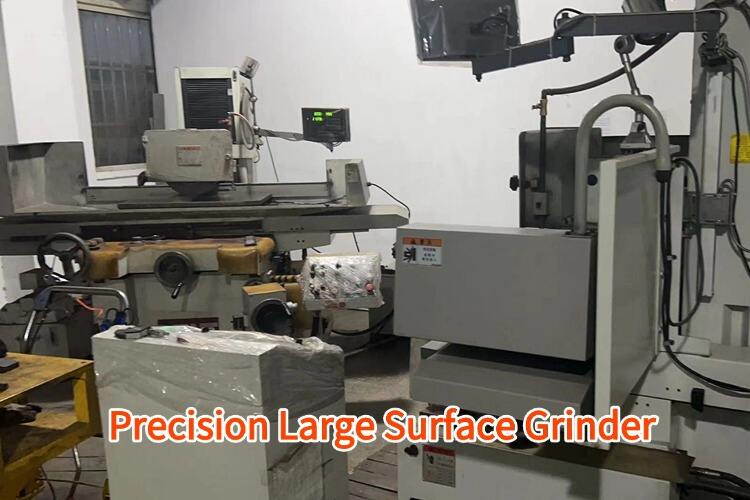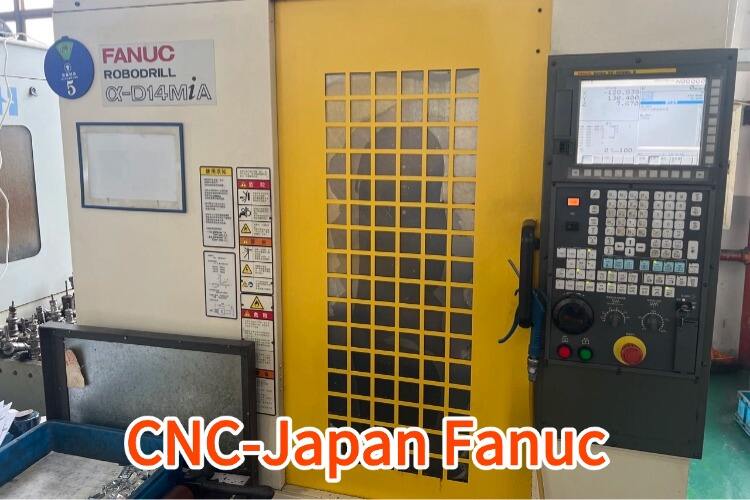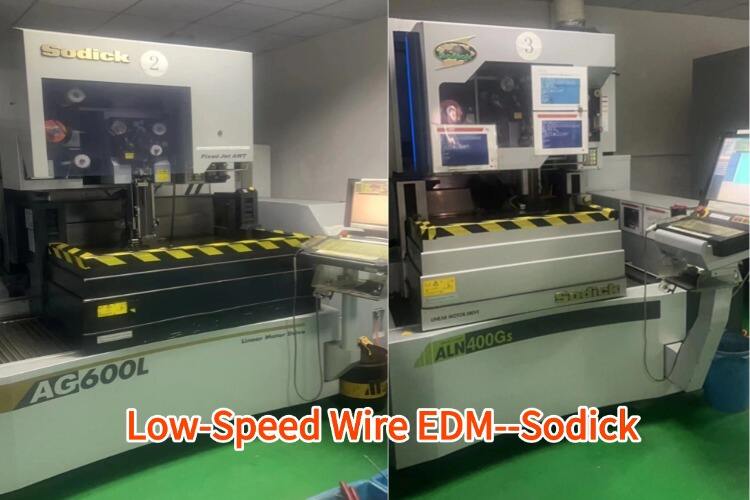what can cnc machine do
CNC machines, or Computer Numerical Control machines, represent a revolutionary advancement in manufacturing technology that can perform a wide array of sophisticated operations. These versatile machines can execute complex cutting, milling, drilling, turning, and shaping operations with exceptional precision and consistency. CNC machines can work with various materials including metals, plastics, wood, and composites, creating everything from simple components to intricate parts with tight tolerances. They excel at both 2D and 3D machining operations, capable of producing detailed surface finishes and complex geometrical shapes that would be impossible to achieve manually. These machines can perform continuous operations 24/7, maintaining consistent quality across large production runs. They can create threaded features, complex contours, and precise holes, while also handling tasks like engraving, routing, and surface finishing. Modern CNC machines can even perform multi-axis machining, allowing for the creation of sophisticated 3D objects from multiple angles. Additionally, they can execute automated tool changes, coordinate multiple cutting operations, and perform real-time quality control measurements, making them indispensable in modern manufacturing environments.


